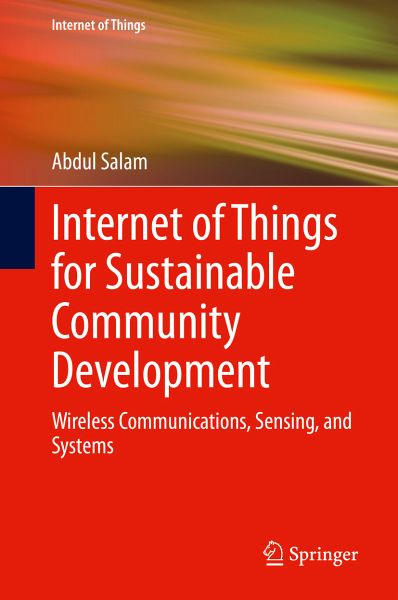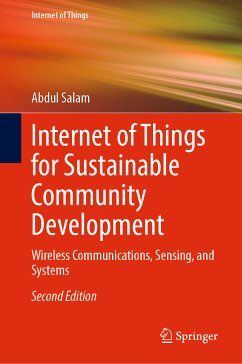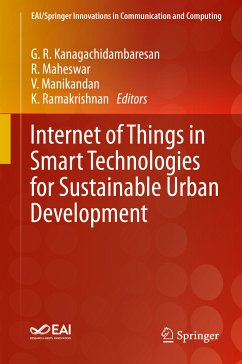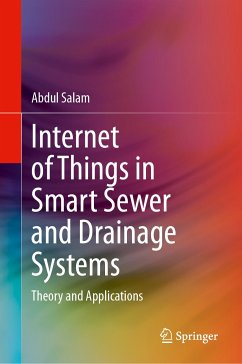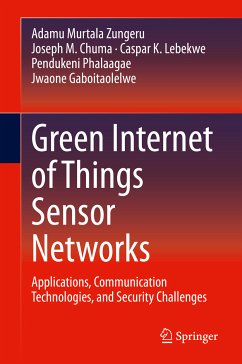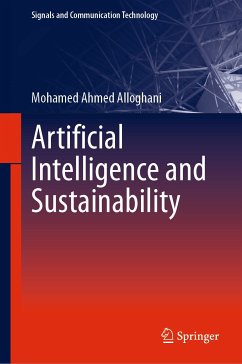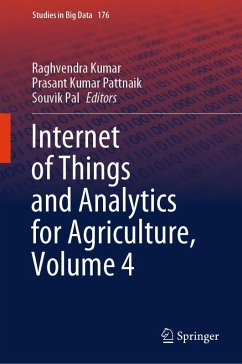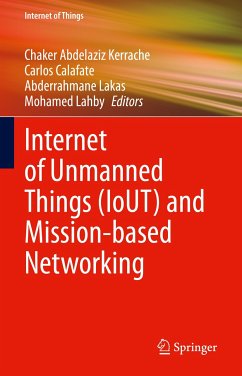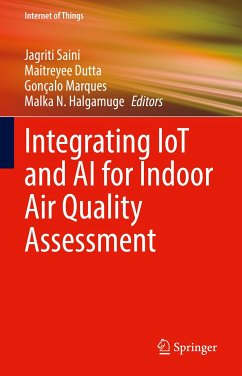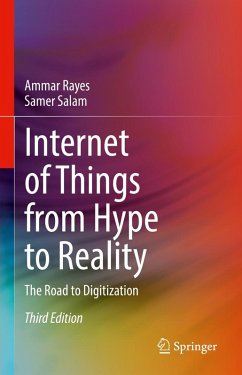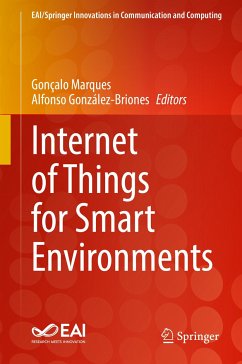Dr. Abdul Salam received the B.Sc. and M.S. degrees in computer science from Bahauddin Zakariya University, Multan, Pakistan, in 2001 and 2004, respectively, the M.S. degree in computer engineering from UET, Taxila, Pakistan, in 2012, and the Ph.D. degree in computer engineering from the Cyber-Physical Networking Laboratory, Department of Computer Science and Engineering, University of Nebraska-Lincoln, Lincoln, NE, USA, under the supervision of Prof. M. C. Vuran. He was a Lecturer with the Department of Computer Science, Bahauddin Zakariya University, and the Department of Computer Science and Information Technology, Islamia University, Bahawalpur, Pakistan. He is currently an Assistant Professor with the Department of Computer and Information Technology, Purdue University, West Lafayette, IN, USA. His current research interests include underground soil sensing, wireless communications, Internet of underground things in digital agriculture, sensor-guided irrigation systems, and vehicular communications. Professor Salam is a Member of the Realizing the Digital Enterprise research group and Center for the Environment (C4E), a Purdue's initiative for interdisciplinary, problem-driven research and teaching. He was a recipient of the ICCCN 2016 Best Student Paper Award, the Robert B. Daugherty Water for Food Institute Fellowship, the Gold Medal MS (CS) on securing first position in order of merit, and the 2016-2017 Outstanding Graduate Student Research Award from the Department of Computer Science and Engineering, University of Nebraska-Lincoln. He served the Pakistan Army for 9 years in a number of command, staff, and field roles. He held the principal position at the Army Public School and College, Thal Cantonment. He is the Director of the Environmental Networking Technology Laboratory. He has served as an Associate Editor for the IEEE GRSS Remote Sensing Code Library from 2016 to 2018. He is an Associate Editor of the Advanced ElectromagneticsJournal.¿
